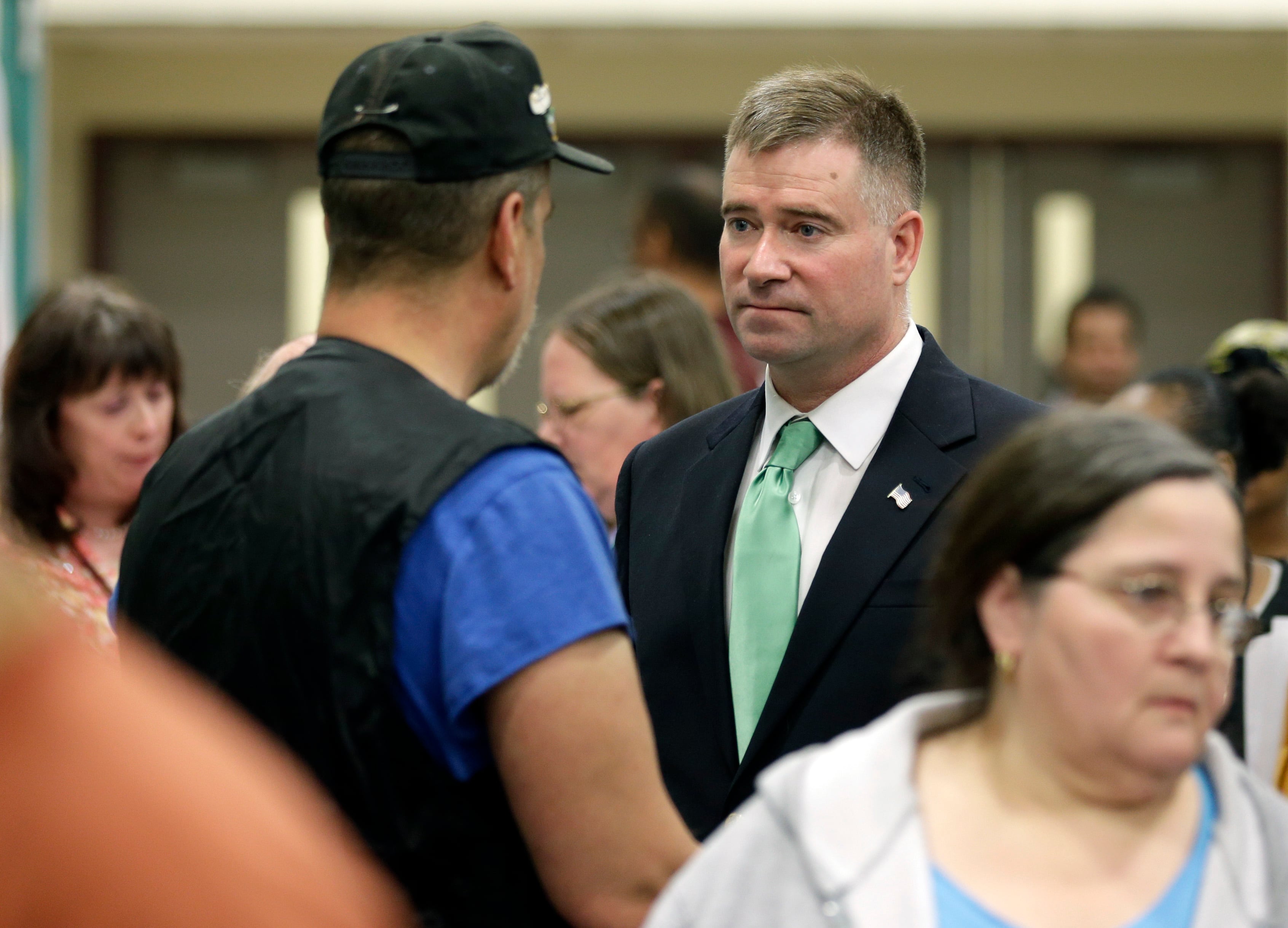Our country requires capable armed forces in defense of our security and interests abroad. As former service members, we understand how critical pay and benefits are to our troopers and their families. The military's compensation and retirement systems are integral to maintaining the most professional and competent all-volunteer force the world has ever seen.
While we applaud much of the thoughtful work of the Military Compensation and Retirement Modernization Commission, specifically "grand-fathering" any significant changes, we have serious concerns surrounding the retirement recommendation and its expedited implementation authorized in the Fiscal Year 2016 National Defense Authorization Act.
The commission's retirement recommendation replaces the current military retirement system which rewards and incentivizes 20 years or more of service with a 401(k)-style plan with vested benefits at three years of service. While the commission may well be right in this recommendation, we don't have the data nor the broad input from troops needed to back it up. All we have is one poll, completed by the commission, about its own recommendations. We need broader input from troops on the ground.
Without it, we won't know or be ready to deal with any consequences of changing the retirement system, which some have said could affect retention of the midgrade noncommissioned officer and officer corps, the military professionals who achieved an expert level of proficiency at their profession.

Reps. Chris Gibson, above, and Tim Walz say that military retirement reform's impact on retention of midcareer service members has to be fully explored.
Photo Credit: Mike Groll/AP
Very few Americans join the military knowing for certain it will be their career. Multiple moves, dangerous deployments and stress on families, including uprooting children from their schools, make the choice to stay in the military for 20 years a hard one.
The key issue at stake is retention of midcareer professionals, a central dimension in an all-volunteer force. We need seasoned military officers and noncommissioned officers now more than ever and one of the largest incentives for keeping these professionals on track to a 20-year (or longer) career is the current retirement system. Currently, the retirement compensation that a service member receives after 20 years of service is significantly greater than the benefits received by a service member who separates from service a day earlier than 20 years.
As many have argued, this type of retirement system may need tweaking, and certainly partial benefits to the 83 percent of troopers who depart from service before 20 years is welcomed by many. However, if we make changes, we must do so in a way that carefully considers the input from troops and their families, and works to mitigate negative impacts.
On recent visits with troops in several states, we heard anecdotally from many service members who had similar concerns. As a senior service member said, "These new changes [to the retirement system] de-incentivize senior members. They will change to civilian positions." Another soldier stated, "The fighting years are 18 to 38 years old. If you offer TSP [a 401(k)-style plan] with college benefits, I'm gone."
It is not our goal to prevent any policy changes, but rather to slow the process and allow time to talk with service members, building a consensus across the armed forces as to what is the best way forward and remain flexible and open to all modifications going forward. We encourage our colleagues in Congress to visit military bases and speak firsthand to service members, families and veterans about this and other proposals from the MCRMC. Be prepared to legislate fixes to these recommendations based on feedback that ensures the retention of midcareer professionals, so that the all-volunteer force remains viable in the 21st century.





